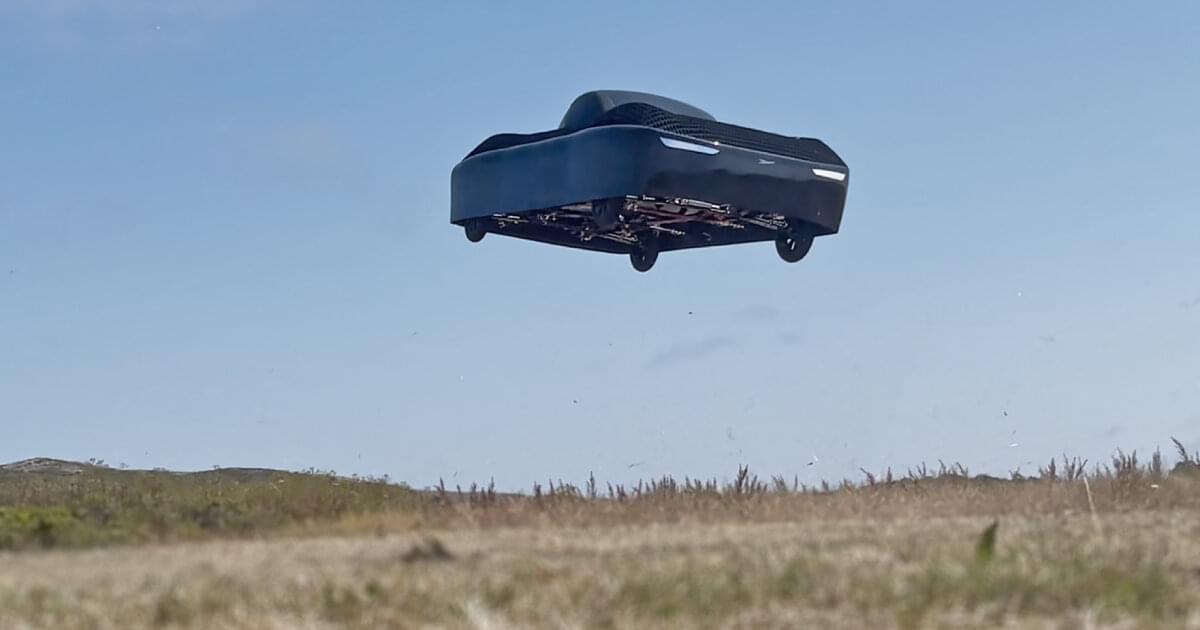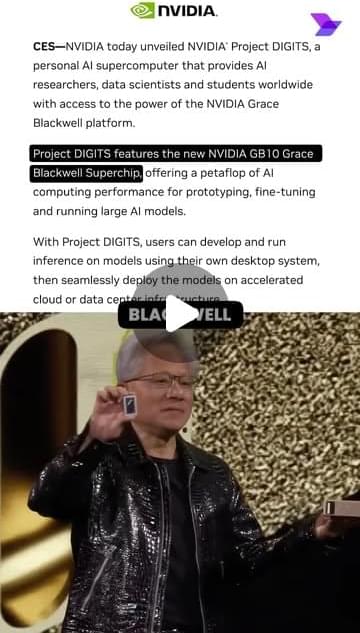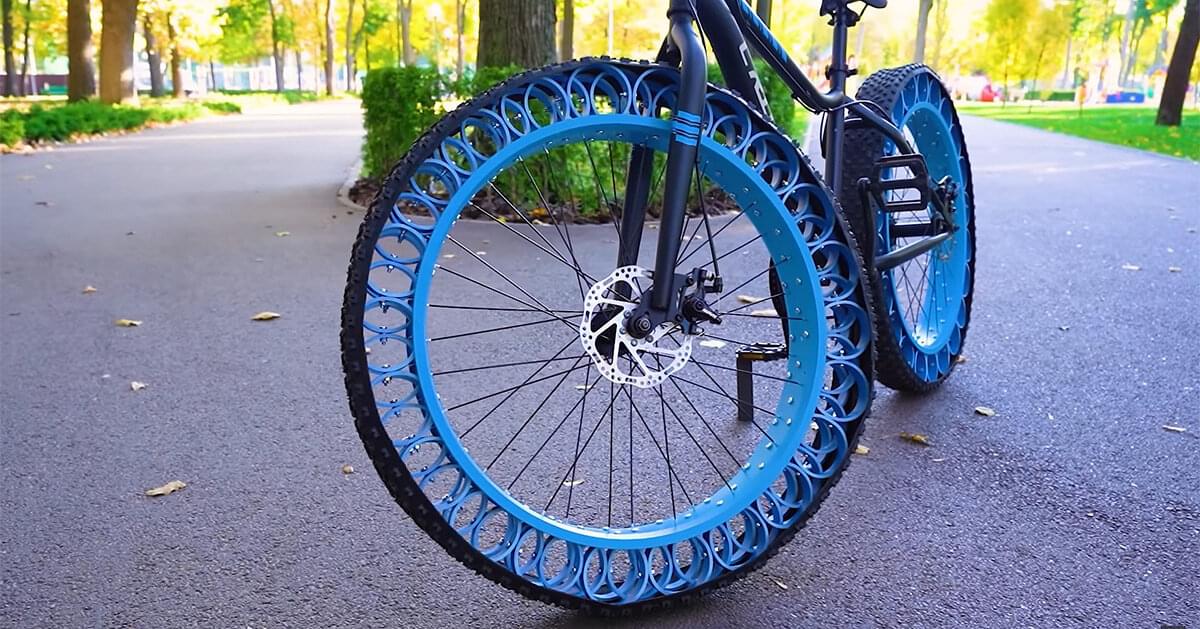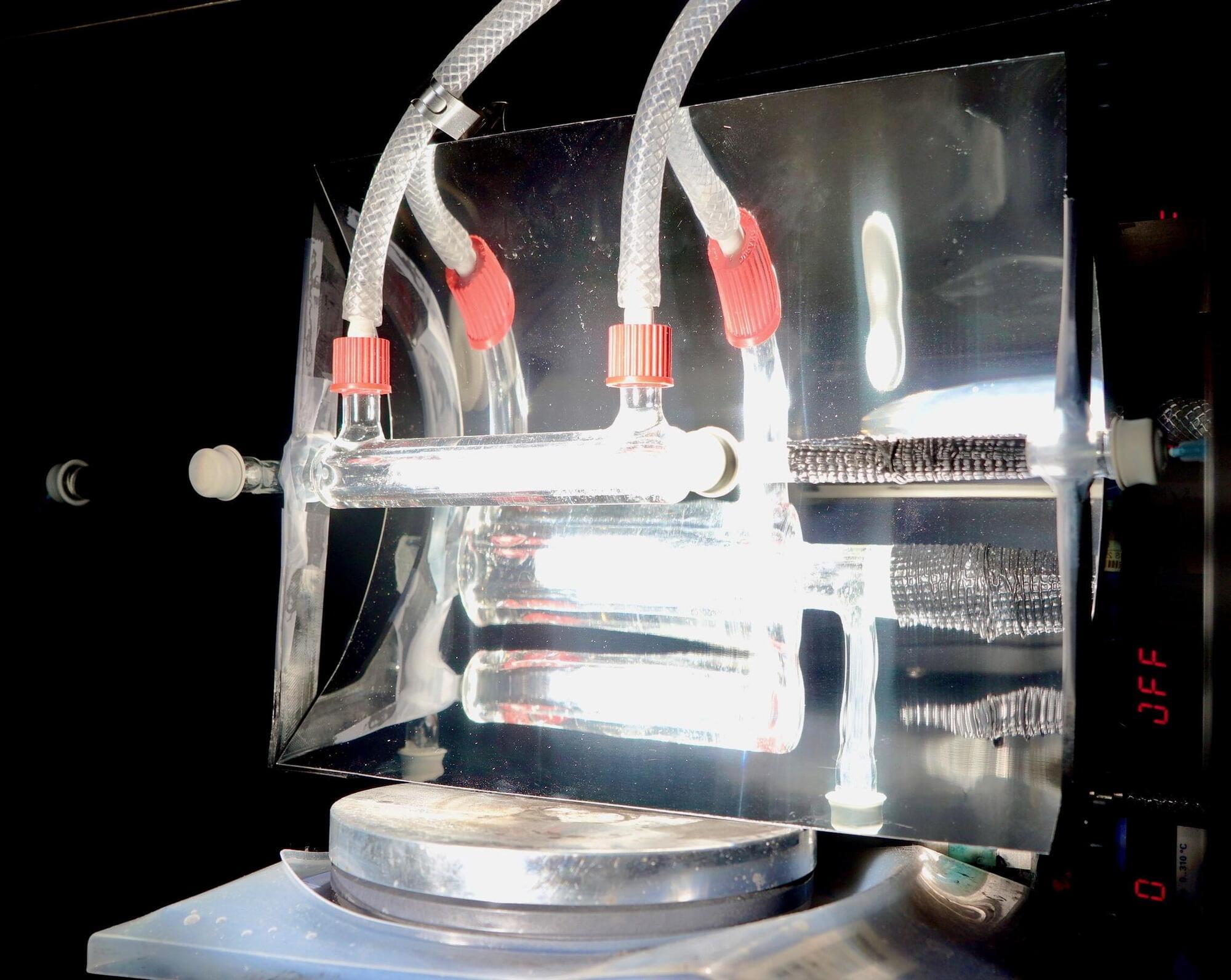ChatGPT, OpenAI’s AI-powered chatbot platform, can now directly edit code — if you’re on macOS, that is. The newest version of the ChatGPT app for macOS can take action to edit code in supported developer tools, including Xcode, VS Code, and JetBrains. Users can optionally turn on an auto-apply mode so ChatGPT can make edits without the need for additional clicks.
Subscribers to ChatGPT Plus, Pro, and Team can use the code editing feature as of Thursday by updating their macOS app. OpenAI says that code editing will roll out to Enterprise, Edu, and free users next week.
In a post on X, Alexander Embiricos, a member of OpenAI’s product staff working on desktop software, added that the ChatGPT app for Windows will get direct code editing “soon.”
Direct code editing builds on OpenAI’s work with apps ChatGPT capability, which the company launched in beta in November 2024. Work with apps allows the ChatGPT app for macOS to read code in a handful of dev-focused coding environments, minimizing the need to copy and paste code into ChatGPT.
With the ability to directly edit code, ChatGPT now competes more directly with popular AI coding tools like Cursor and GitHub Copilot. OpenAI reportedly has ambitions to launch a dedicated product to support software engineering in the months ahead.
AI coding assistants are becoming wildly popular, with the vast majority of respondents in GitHub’s latest poll saying that they’ve adopted AI tools in some form. Y Combinator partner Jared Friedman recently claimed a quarter of YC’s W25 startup batch have 95% of their codebases generated by AI.






